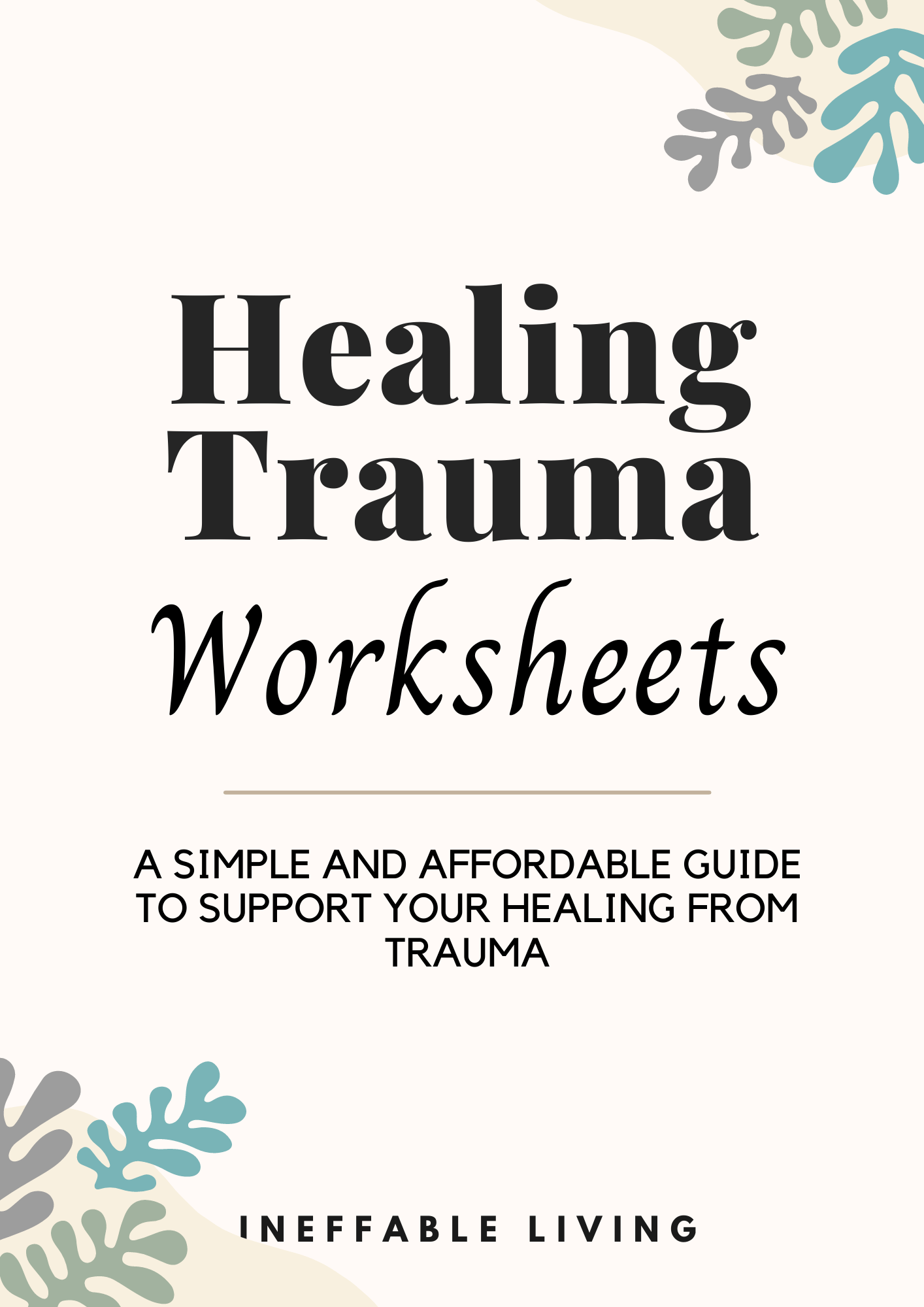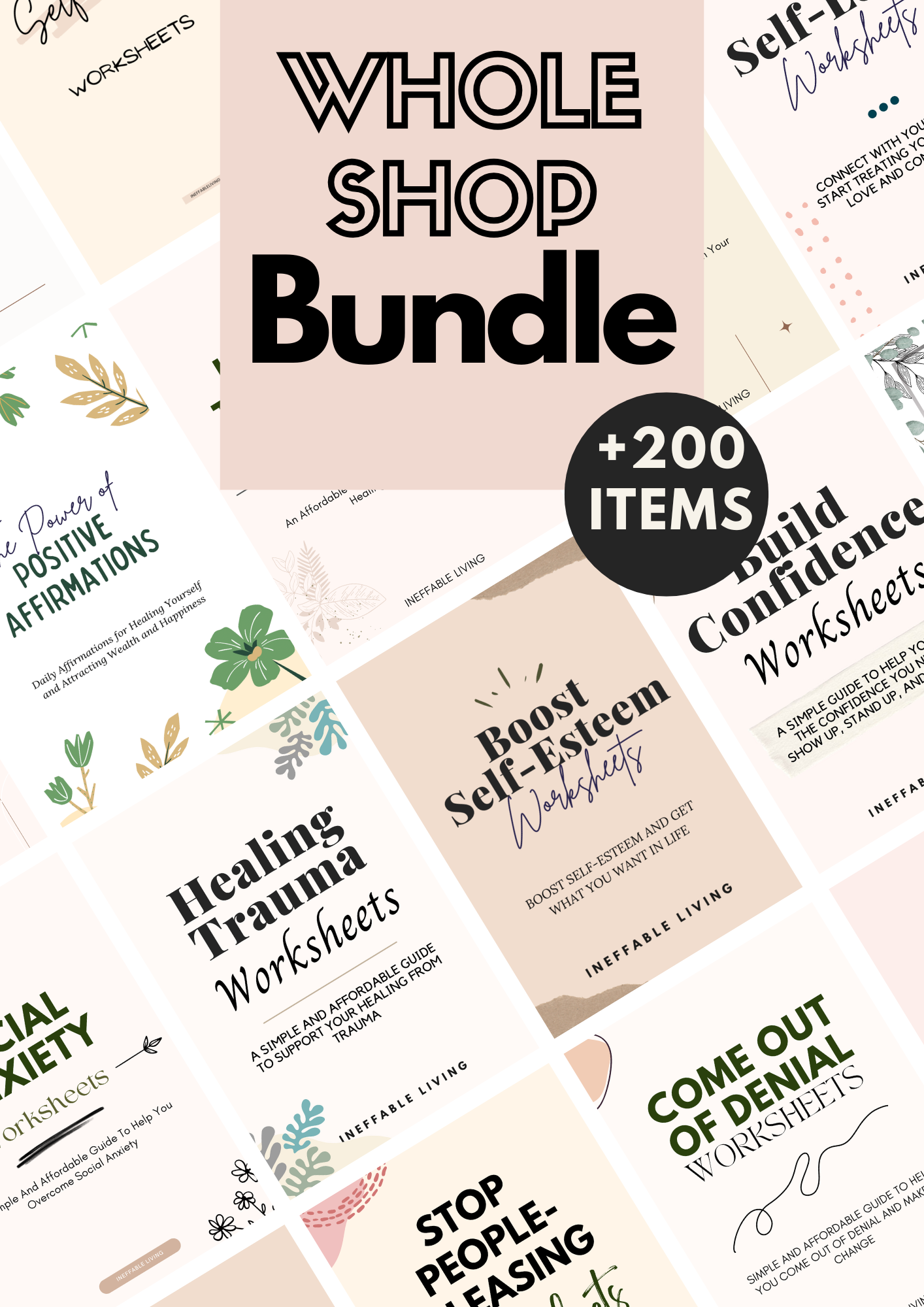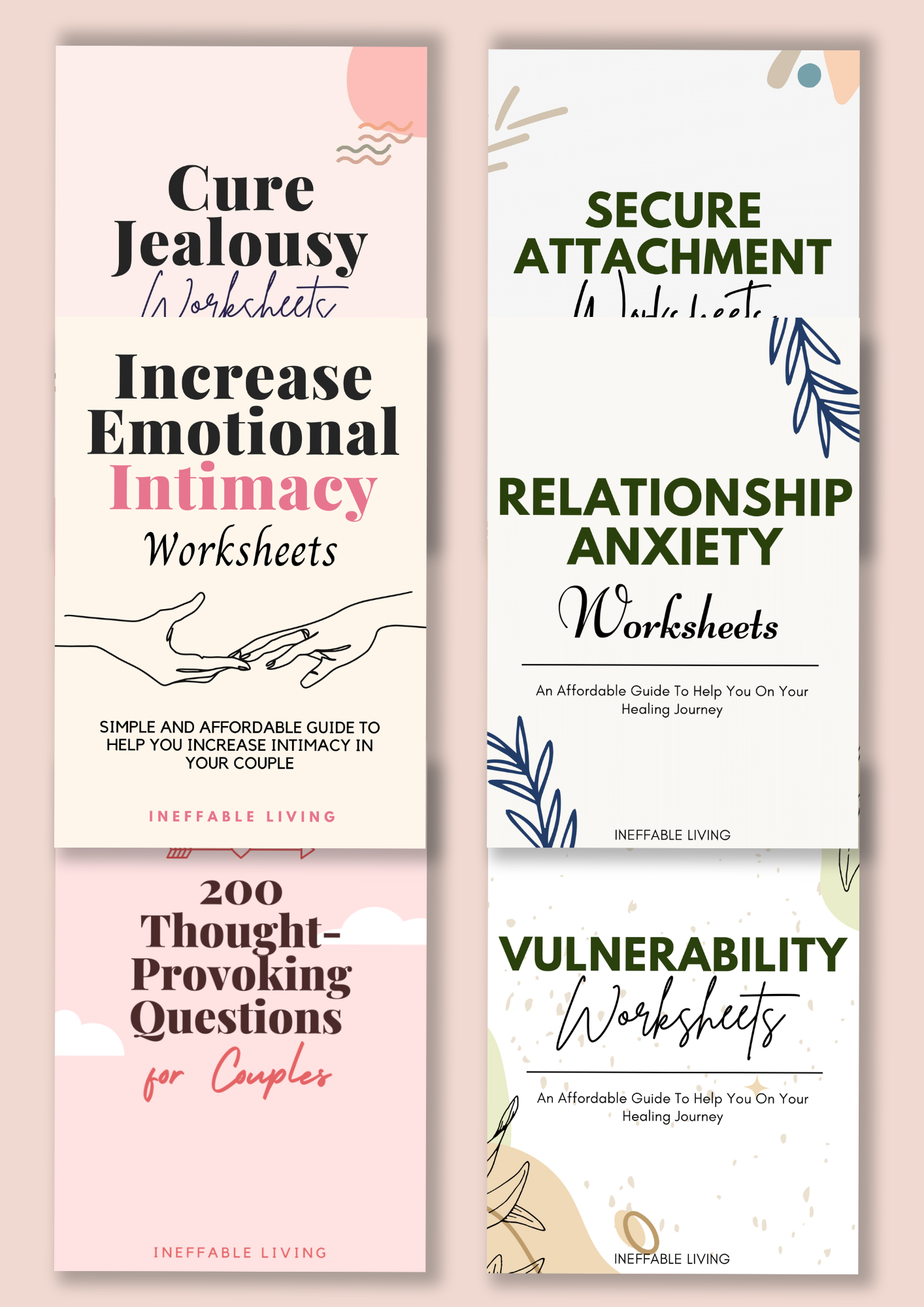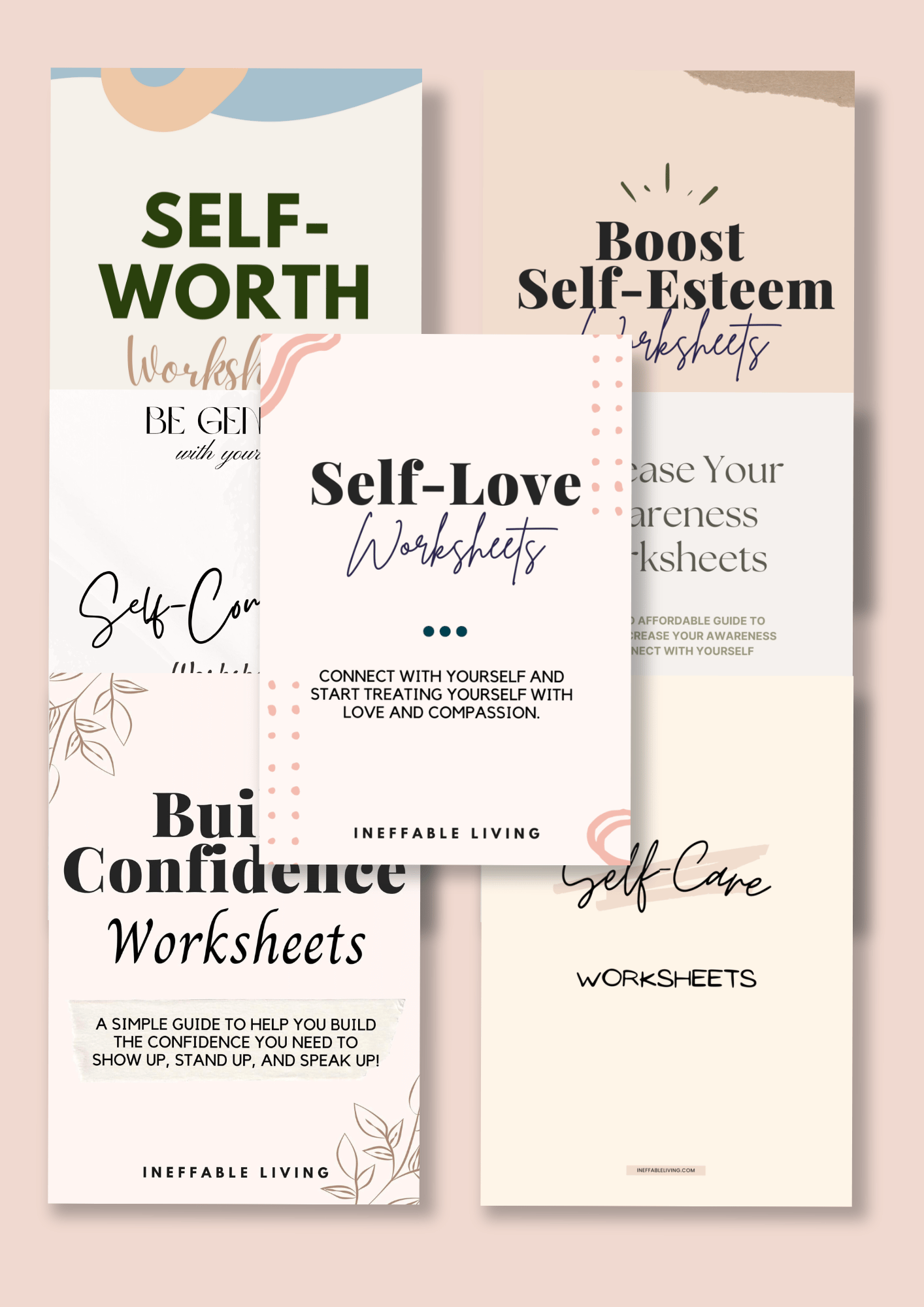People-Pleasing:
1. Reflect on a recent situation where you found yourself people-pleasing. What were the underlying emotions and motivations driving this behavior?
2. Consider the origins of your tendency to people-please. What early experiences or beliefs may have shaped this pattern in your life?
3. Describe the impact of people-pleasing on your mental and emotional well-being. How does it affect your self-esteem and relationships?
4. Explore any fears or anxieties that arise when you consider asserting your own needs and desires. What is the source of these fears?
5. Imagine a scenario where you prioritize your own well-being without feeling guilty. How does this shift in mindset feel, and what positive outcomes do you envision?
Setting Boundaries:
6. Think about a relationship or situation where you struggle to set boundaries. What are the specific challenges you face in establishing and maintaining healthy limits?
7. Consider the emotions and thoughts that arise when you contemplate setting boundaries. Are there any self-limiting beliefs that hinder your ability to assert your needs?
8. Describe the positive impact that setting and enforcing boundaries could have on your life. What changes do you hope to see in your relationships and overall well-being?
9. Visualize an ideal scenario where you communicate clear and firm boundaries. How would this contribute to your sense of empowerment and self-respect?
10. Reflect on the kind of support or resources you might need to cultivate healthier boundary-setting skills. Who can assist you in this process, and what self-care practices can reinforce your efforts?
People-Pleasing & Set Boundaries Worksheets





